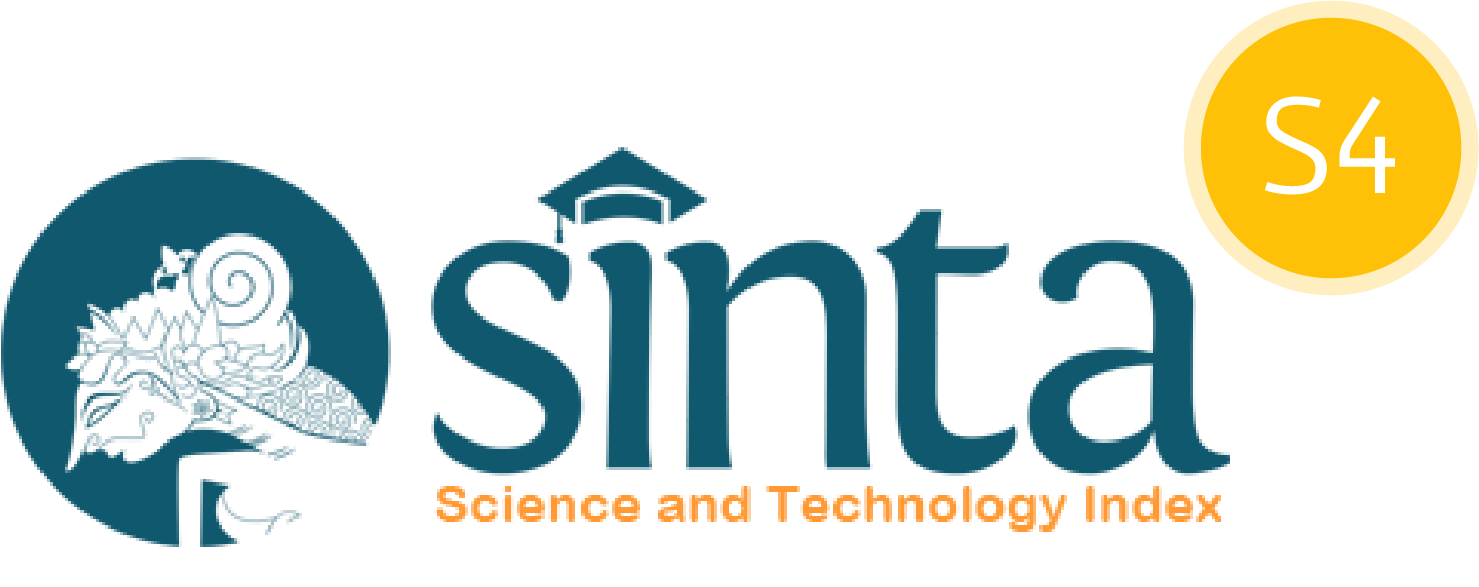Perancangan Kansei Engineering System (KES) untuk Optimasi Hasil Pencarian Berdasarkan Kategori Emosi
DOI:
https://doi.org/10.31294/coscience.v3i1.1795Keywords:
Anlytical Hierarchy Process, Kansei Engineering System, Kansei Type IIAbstract
The design of a product will greatly influence a person's interest in the product and provide an overview of the impression of the product. Kansei Engineering is a method of determining product design based on feelings or emotions. The design of the product will be translated into human emotions. A brightly colored plate with a flower shape can be interpreted as a joyful emotion. This makes humans have an attachment to the product because of the emotional connection. Therefore, this research will implement the Kansei engineering method for products in e-commerce. This goal is motivated by e-commerce trends that will continue to develop in the future. The results of this study are the design of the Kansei system for searching products in e-commerce catalogs based on emotion. The conclusion of this research is to develop the best emotion-based product search algorithm and design the Kansei system with the main function of emotion-based product search. Based on the results that have been obtained, further research is expected to use a certain algorithm to automate the knowledge base processing which is very much needed in KES.
References
Gumulya, D., & Nastasia, P. (2016). KAJIAN TEORI EMOTIONAL DESIGN. Jurnal Dimensi Seni Rupa Dan Desain, 12(2), 121–146. https://doi.org/10.25105/dim.v12i2.41
Hadiana, A. (2017). Interface modeling for mobile learning using kansei engineering and analytical hierarchy process. 2017 International Conference on Computer, Control, Informatics and Its Applications (IC3INA), 153–157. https://doi.org/10.1109/IC3INA.2017.8251758
Hadiana, A. (2020). Emotional Preferences Towards E-Learning Based on Analytic Hierarchy Process and Kansei for Decision Making. European Journal of Engineering Research and Science, 5(10), 1186–1190. https://doi.org/10.24018/ejers.2020.5.10.2127
Hadiana, A., & Abdurrohman. (2018). Analysis of Customers’ Emotional Preferences Using Kansei Engineering and AHP. Proceedings - 2018 4th International Conference on Science and Technology, ICST 2018, 1, 1–5. https://doi.org/10.1109/ICSTC.2018.8528675
Khean, N., Sivaji, A., & Mohamad, M. (2013). Kansei engineering for e-commerce sunglasses selection in. Procedia - Social and Behavioral Sciences, 97, 707–714. https://doi.org/10.1016/j.sbspro.2013.10.291
Liu, Z., Wu, J., Chen, Q., & Hu, T. (2023). An improved Kansei engineering method based on the mining of online product reviews. Alexandria Engineering Journal, 65, 797–808. https://doi.org/10.1016/j.aej.2022.09.044
Maiocchi, M. M., & Shafieyoun, Z. (2022). Emotional Design. In Research for Development. https://doi.org/10.1007/978-3-030-99846-2_1
Marimin, & Maghfiroh, N. (2011). Aplikasi Teknik Pengambilan Keputusan dalam Manajemen Rantai Pasok. January 2010.
Nagamachi, M. (2016). Kansei / Affective Engineering and History of Kansei / Affective Engineering in the World. November. https://doi.org/10.1201/EBK1439821336-2
Ramanathan, R., Abdullah, L., Md Fauadi, M. H. F., Syed Mohamed, M. S., & Kamaludin, K. N. (2023). A Hybrid of Kansei Engineering (KE) And Analytical Hierarchy Process (AHP) to Develop Conceptual Designs of Portable Oil Spill Skimmer. IIUM Engineering Journal, 24(1), 183–198. https://doi.org/10.31436/iiumej.v24i1.2426
Xue, L., Yi, X., & Zhang, Y. (2020). Research on optimized product image design integrated decision system based on Kansei engineering. Applied Sciences (Switzerland), 10(4), 1–20. https://doi.org/10.3390/app10041198
Zhou, X., Liang, H., & Dong, Z. (2017). A personalized recommendation model for online apparel shopping based on Kansei engineering. International Journal of Clothing Science and Technology, 29(1), 2–13. https://doi.org/10.1108/IJCST-12-2015-0137
Zuo, Y., & Wang, Z. (2020). Subjective Product Evaluation System Based on Kansei Engineering and Analytic Hierarchy Process. Symmetry, 12(8), 1340. https://doi.org/10.3390/sym12081340
Downloads
Published
Issue
Section
License
Copyright (c) 2023 Euis Nurlaelasari, Eko Pramono

This work is licensed under a Creative Commons Attribution-ShareAlike 4.0 International License.


















